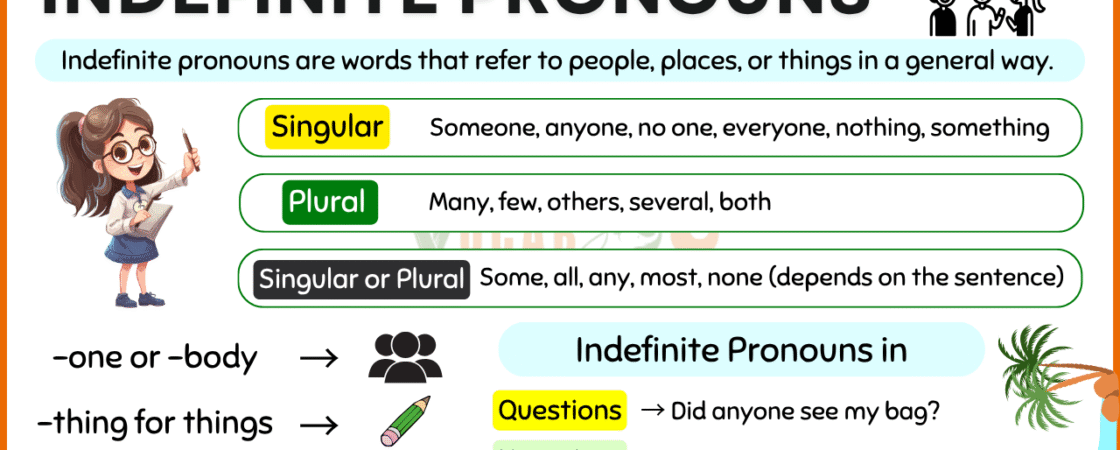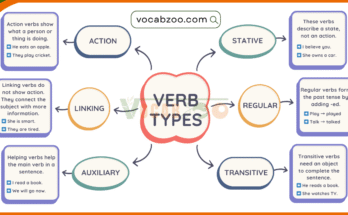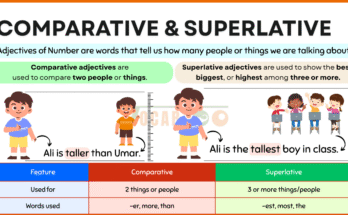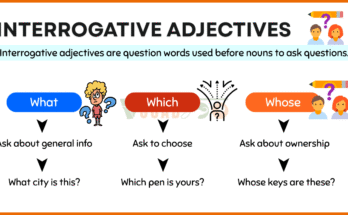Indefinite pronouns are words that refer to people, places, or things in a general way — not specific. In this blog post, you will learn how to use these pronouns to talk about something or someone without naming them directly. These pronouns are helpful when the exact person or thing is not known or not important in the sentence.
Want to improve your understanding of sentence rules and parts of speech? Visit our grammar category for more easy lessons.
What are Indefinite Pronouns?
Indefinite pronouns are words that refer to people, places, or things in a general way. They don’t name any specific person or object.
Example:
→ Someone is at the door. (We don’t know exactly who)
→ Nothing is in the bag. (There is zero item inside)
→ Everything looks perfect. (All things are fine)
They are called “indefinite” because they are not clear or exact.
Common Indefinite Pronouns List
Here are some commonly used indefinite pronouns:
| For People | For Things | Both People & Things |
|---|---|---|
| Someone | Something | All |
| Anyone | Anything | None |
| No one | Nothing | Some |
| Everyone | Everything | Most |
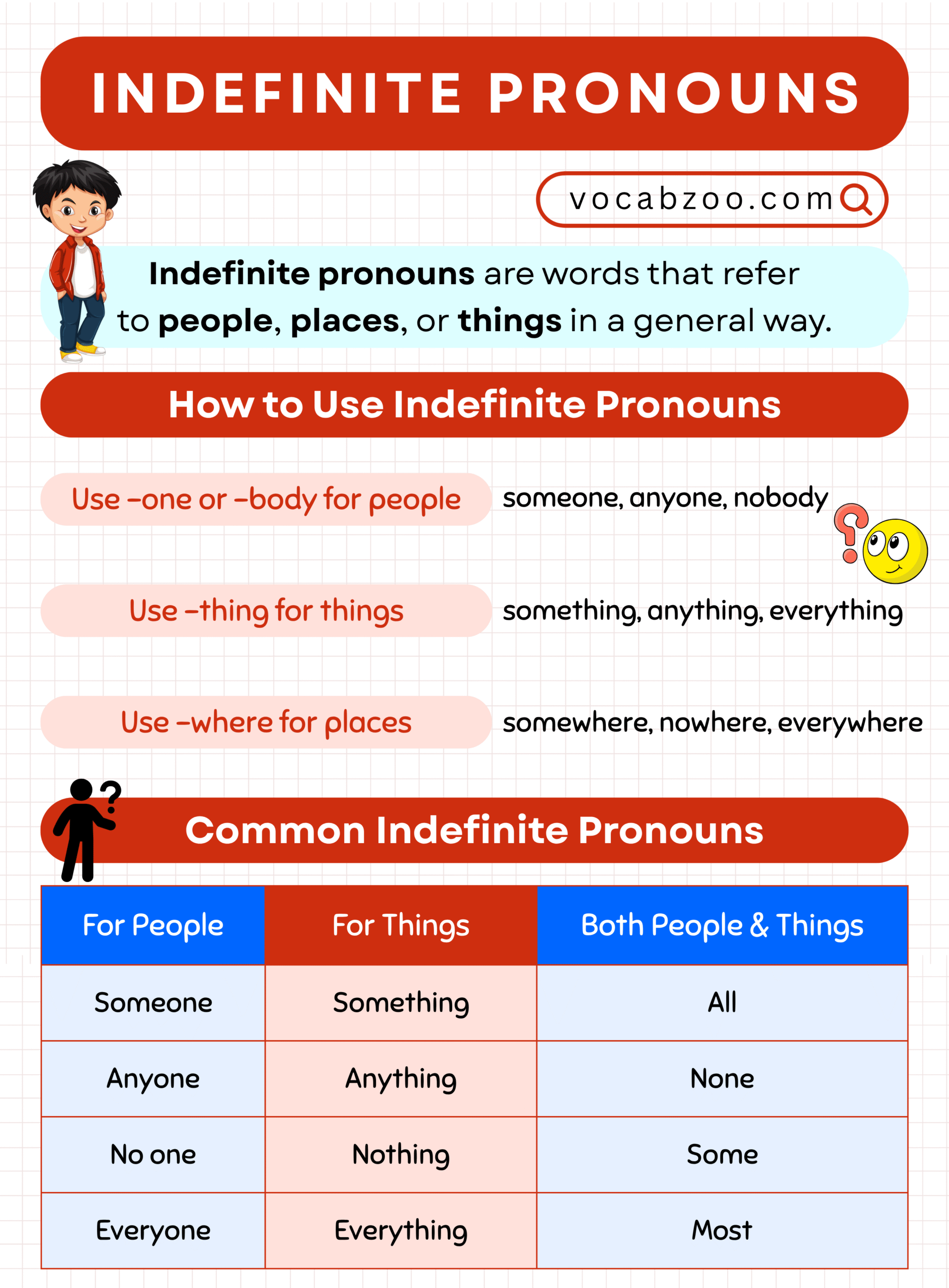
Examples in Sentences
Let’s understand how we use these indefinite pronouns in real life:
→ Someone left their phone here.
→ Is anyone coming to the party?
→ Everyone was happy at the wedding.
→ I saw nothing in the box.
→ Everything is ready for the trip.
→ No one answered the call.
→ He wants something to eat.
→ Does anyone know the answer?
Types of Indefinite Pronouns
1. Positive Words
Words that show some or all people/things.
→ Someone, something, everyone, everything
Used when we talk positively.
2. Negative Words
Words that show no people or things.
→ No one, nothing, none
Used to say something doesn’t exist.
3. Question or Choice Words
→ Anyone, anything, whoever, whatever
Used in questions or unclear situations.
Chart of Indefinite Pronouns by Case
| Case | Indefinite Pronouns |
|---|---|
| Singular Only | Someone, anyone, no one, everyone, nothing, something, everything, each |
| Plural Only | Many, few, others, several, both |
| Singular or Plural | Some, all, any, most, none (depends on the sentence) |
Indefinite Pronouns in Different Contexts
1. In Questions
→ Did anyone see my bag?
→ Is there anything I can help with?
2. In Negatives
→ No one called today.
→ Nothing was working properly.
3. In Positive Statements
→ Everyone enjoyed the show.
→ He wants something sweet.
4. In General Statements
→ Some are rich, some are poor.
→ Most were tired after the trip.
Quick Tips to Remember
Use -one or -body for people → someone, anyone, nobody
Use -thing for things → something, anything, everything
Use -where for places → somewhere, nowhere, everywhere
Examples:
→ Somewhere is better than here.
→ Nobody helped him.
→ Anything can happen today.
Indefinite pronouns are simple words that talk about people, things, or places in a general way. They are used in daily conversations, and once you know them, your English will sound natural and fluent. Just remember – these words are not specific, but still helpful!
Practice Exercise
Choose the correct indefinite pronoun from the bracket:
- __________ is knocking at the door. (Someone / Nothing)
- I don’t want to eat __________. (anything / something)
- __________ came to the meeting on time. (Everyone / Nobody)
- There is __________ in my bag. (nothing / everything)
- Has __________ seen my keys? (anyone / someone)
- I will go __________ for my holidays. (somewhere / nowhere)
- __________ can win if they work hard. (Anyone / Nothing)
- He said __________ to make her happy. (something / nothing)
- We saw __________ strange at night. (something / nothing)
- __________ was happy with the results. (No one / Everything)
Answers:
- Someone
- anything
- Everyone
- nothing
- anyone
- somewhere
- Anyone
- something
- something
- No one
Frequently Asked Questions (FAQs)
1. What is an indefinite pronoun in simple words?
An indefinite pronoun is a word that talks about people or things in a general way — not specific.
Example: Someone, everything, nothing.
2. What is the difference between “someone” and “anyone”?
-
Someone is used when we expect a person is there.
-
Anyone is used when we are not sure who or if the person is there.
Example:
→ Someone is waiting for you. (We feel someone is there)
→ Is anyone there? (We are not sure)
3. Can indefinite pronouns be plural?
Most indefinite pronouns are singular, but some can be plural like few, many, several, both. Some are both singular and plural like some, all, none (depends on the noun).
4. Are indefinite pronouns the same as personal pronouns?
No.
-
Personal pronouns: I, you, he, she, it, we, they (talk about specific people).
-
Indefinite pronouns: someone, anything, everyone (talk about people or things generally).
5. How do I know if the verb should be singular or plural?
Most indefinite pronouns take a singular verb.
Example:
→ Everyone is happy.
But words like many, few take plural verbs.
→ Many are invited.
Read More
